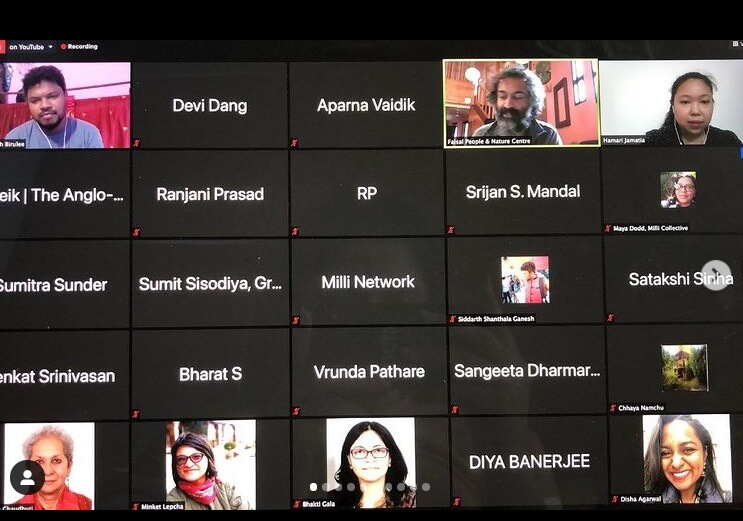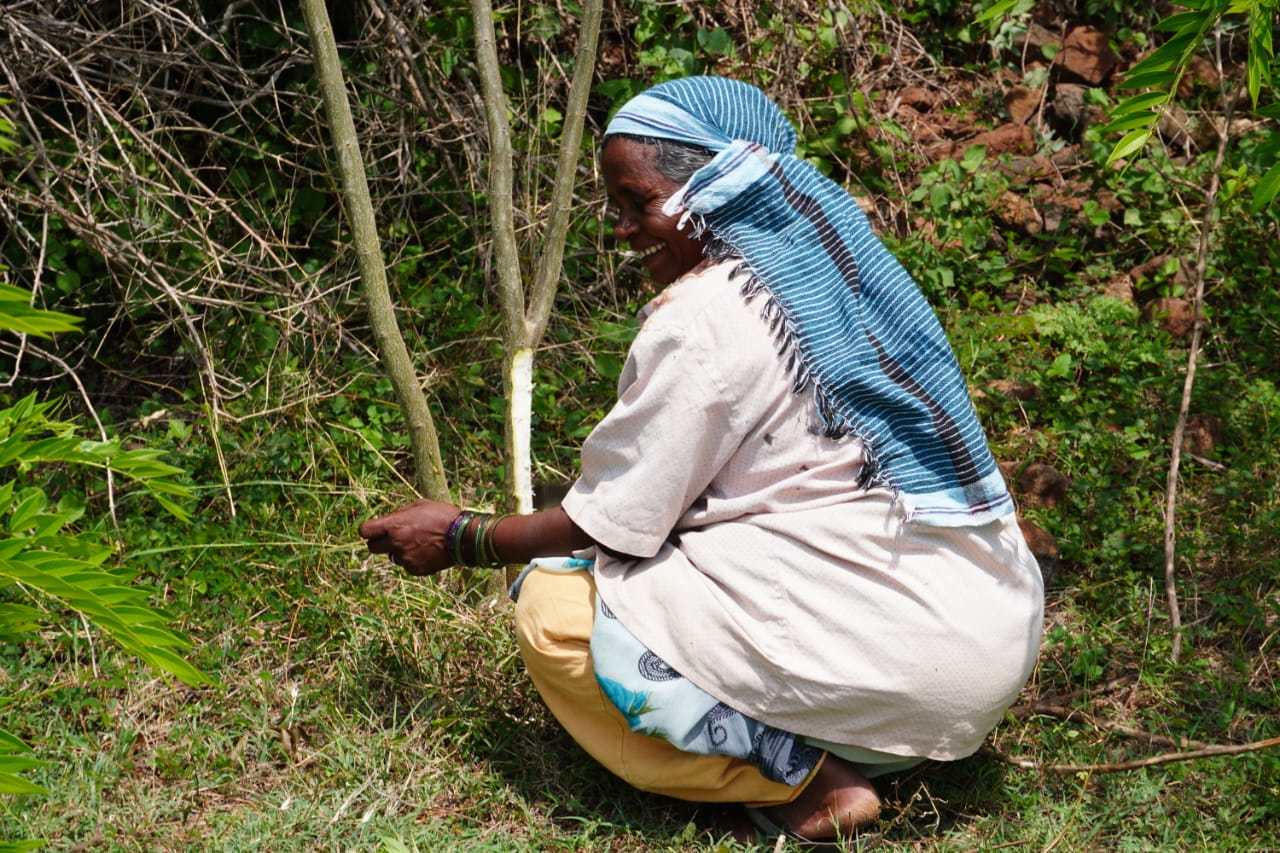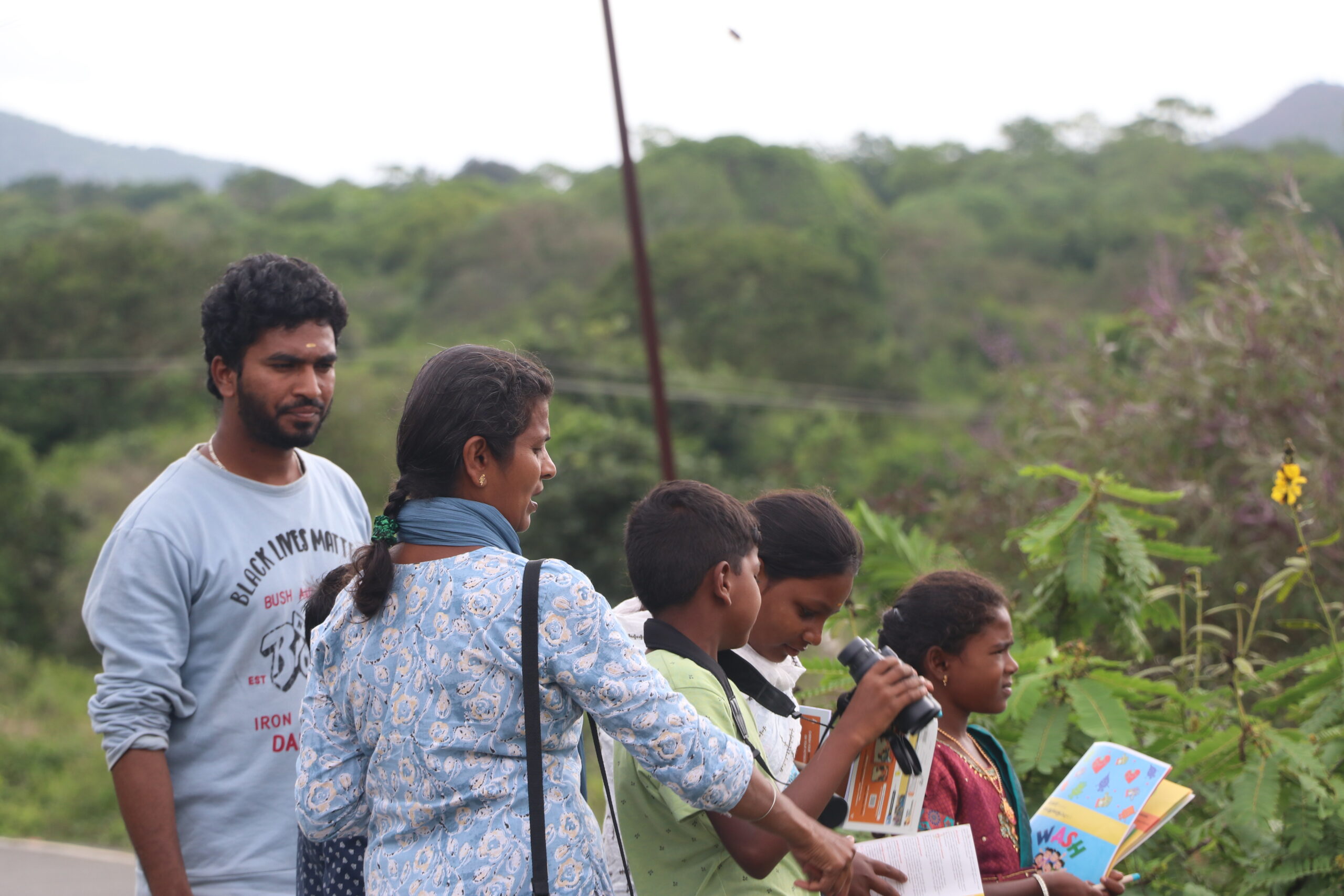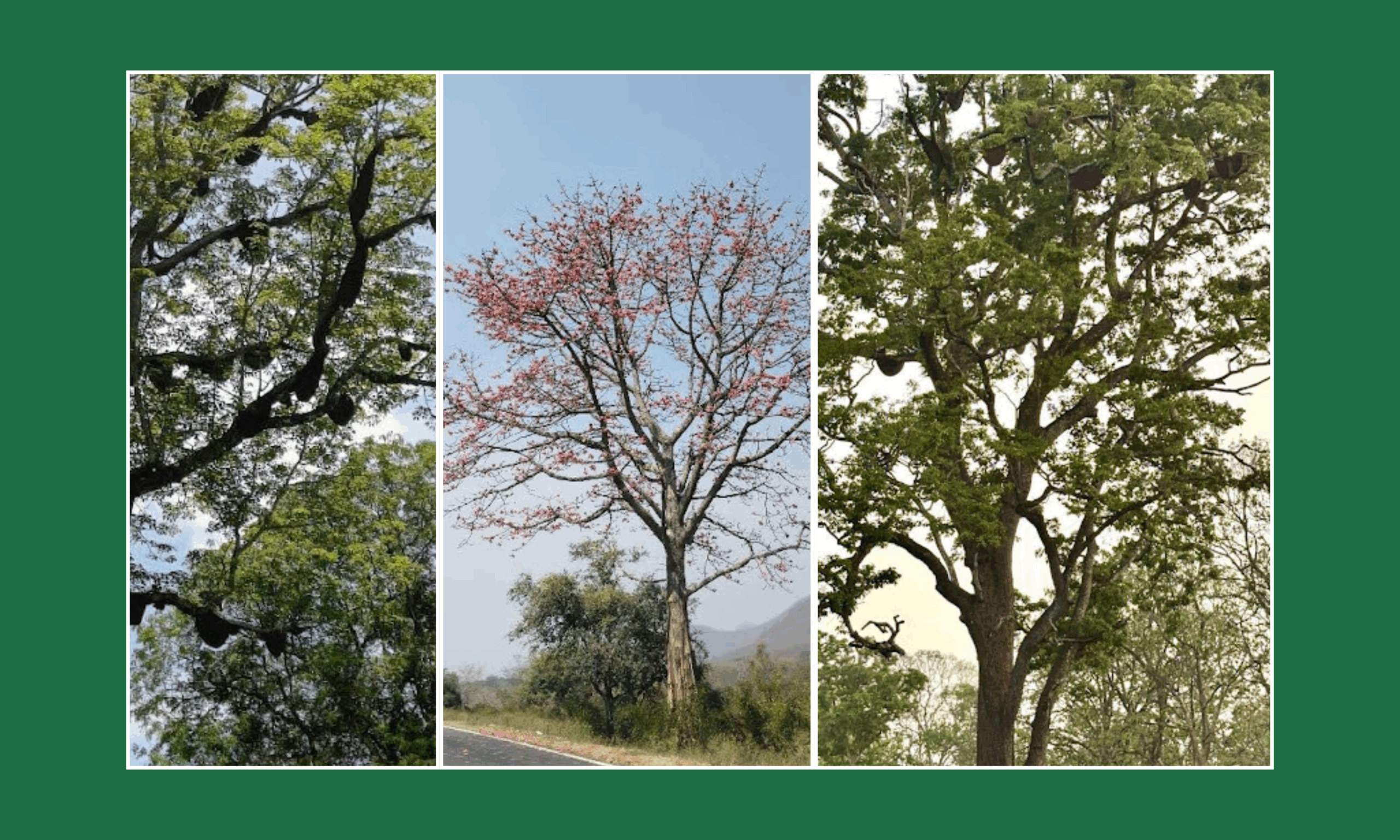This June saw the coming together of individuals and institutions from the Milli Archives Consortium for commemorating the International Archives Week (7th-12th June 2021), as suggested by the International Council on Archives. The theme for this year’s #IAW2021 was ‘Empowering Archives’, and the week-long sessions were attended by 80+ participants across 5+ countries and 1000+ audience members.
Faisal Rehman and Ranjani Prasad from People and Nature Centre, Keystone Foundation have been founding members of the Milli Archives Consortium. While they were part of the organising committee, they also curated a series of panels on June 8th, 2021 on Community Histories. The theme for the day was ‘Include’, featuring individuals and institutions working in areas of Community Archiving and Storytelling in India.
Some of the participating members included Adivasi Lives Matter, Khabar Lahariya, Adharshila Shikshan Kendra, Insight Walk, Anglo-Indian Archives, Living Waters Museum, Green Hub (long time collaborator with Keystone; Rita Banerji, the Project Director, is also a Trustee @ Keystone Foundation) amongst others.

Some of the themes covered included conversations around Community Knowledge, Oral History, Memory, and Language. Speakers showcased their own work and insights and the session themes were curated to navigate through contemporary archiving practices with communities, such as – Reclaiming the Archives; To whom does the archive speak; Access for the Archived and Pedagogical deliberations on community histories. The day’s events were well attended, and the total number of audiences was nearly 200, along with 550 views on Youtube!
Keystone Foundation’s ongoing archiving initiatives through the People and Nature Centre were represented on 3 days through the entire week, and several thought-provoking conversations on community archiving and its ethics and practices took place. Milli Archives Consortium hopes to continue such events, build networks and create active participation around the themes of archiving in India.
By Ranjini Prasad


















